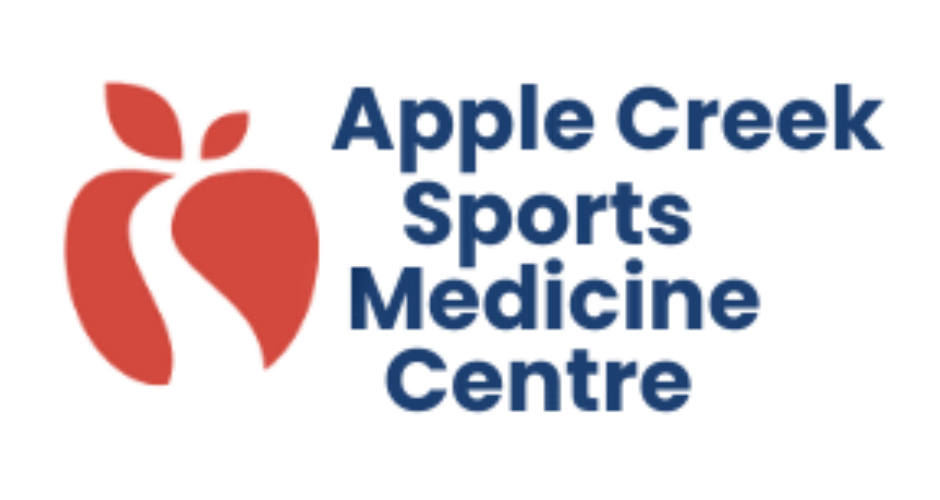
Hydration for Athletes: How to Stay at Peak Performance
Nejin Chacko, Physiotherapist
As a Physiotherapist, I often stress the importance of proper hydration for athletic performance, recovery, and overall health. Dehydration can significantly impact endurance, strength, and cognitive function, increasing the risk of fatigue and injury. Understanding how to stay properly hydrated can help athletes perform at their best and recover efficiently.

1. Why Hydration Matters for Athletes
Water plays a crucial role in various physiological functions, including:
- Regulating body temperature through sweat and evaporation.
- Maintaining joint lubrication to reduce stiffness and prevent injuries.
- Transporting nutrients and oxygen to muscles for optimal performance.
- Preventing muscle cramps and fatigue by balancing electrolytes.
2. Signs of Dehydration
Recognizing dehydration early can help prevent declines in performance. Watch for:
- Dry mouth and excessive thirst
- Dark yellow urine
- Dizziness or headaches
- Muscle cramps or weakness
- Reduced endurance and increased fatigue
3. How Much Water Do Athletes Need?
Hydration needs vary based on individual factors such as body weight, intensity of activity, and environmental conditions. General guidelines include:
- Before exercise: Drink 500-600 mL (17-20 oz) of water 2-3 hours before activity.
- During exercise: Consume 200-300 mL (7-10 oz) every 15-20 minutes.
- After exercise: Rehydrate with 1.5 times the fluid lost during activity (monitor weight loss for estimation).
4. Electrolytes and Sports Drinks: When Are They Needed?
For prolonged or intense exercise, replenishing electrolytes like sodium, potassium, and magnesium is essential.
- Use sports drinks for activities lasting over 60 minutes or in hot environments.
- Opt for natural electrolyte sources like coconut water, bananas, and salted nuts when possible.
About the Author:
Nejin Chacko has been practicing for 25 years and is a therapist with excellent experience in musculoskeletal physiotherapy and in sports medicine. Nejin believes that a successful treatment must result in the achievement of an optimal function that is meaningful to the patient. He values patient education, ensures a patient-centered care and an interactive clinical decision making.
For more information about Nejin

